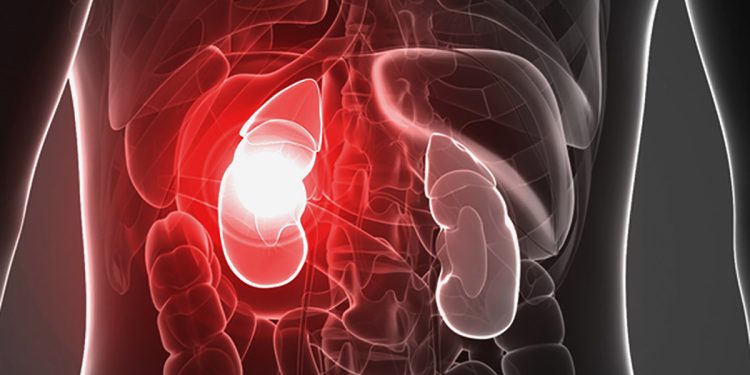In recent years, Ghana has been grappling with a concerning health issue: a rising number of young individuals facing kidney-related problems. This unexpected trend has sparked widespread concern among healthcare professionals, policymakers, and the public alike. This article aims to shed light on the factors contributing to this alarming phenomenon, examining potential causes, challenges, and strategies for tackling the issue.
The Shifting Demographics of Kidney Disease:
Traditionally associated with aging populations, kidney disease is increasingly affecting younger individuals in Ghana. While non-communicable diseases like hypertension and diabetes have long been recognized as primary contributors to kidney complications, the surge in cases among the youth suggests a more complex interplay of factors.
The Role of Lifestyle Changes:
As Ghana undergoes socioeconomic transitions, lifestyle changes are becoming more prevalent. Urbanization, changes in dietary habits, and sedentary lifestyles have led to an increase in risk factors for kidney disease. High intake of processed foods, excessive salt consumption, and lack of physical activity can contribute to conditions like obesity, hypertension, and diabetes – all of which are key triggers for kidney problems.
Environmental Factors and Access to Clean Water:
Environmental factors, particularly inadequate access to clean water and sanitation, can play a pivotal role in kidney health. Waterborne diseases, often resulting from the consumption of contaminated water, can cause severe kidney infections and complications. Inadequate sanitation facilities can also expose individuals to toxins that affect kidney function over time.
Delayed Diagnosis and Limited Healthcare Resources:
Timely diagnosis and proper medical care are essential in managing kidney diseases. However, many young Ghanaians may face challenges in accessing healthcare facilities, leading to delayed diagnosis and treatment. Additionally, limited resources and specialized care for kidney-related issues can contribute to worsened outcomes.
Cultural and Traditional Practices:
Cultural beliefs and traditional practices can also influence kidney health. Some traditional remedies and practices might inadvertently worsen kidney conditions, as they are often not evidence-based and lack scientific validation. Dispelling misconceptions and promoting awareness about modern medical treatments is crucial to preventing the exacerbation of kidney problems.
Empowering Youth with Education:
Addressing the surge in kidney complications among Ghana’s youth requires a comprehensive approach that includes education and awareness campaigns. Empowering young individuals with knowledge about healthy lifestyles, proper hydration, and the importance of regular health check-ups can contribute to preventing kidney-related issues.
Investing in Preventive Healthcare:
Efforts to curb the rising kidney problems must be met with investment in preventive healthcare measures. This involves creating initiatives that promote healthy eating habits, regular exercise, and access to clean water. Moreover, building a robust healthcare infrastructure with specialized units for kidney care is essential to provide timely and effective treatments.
Collaboration Across Sectors:
Solving the kidney crisis among Ghana’s youth necessitates collaboration among various sectors, including healthcare, education, and policy. By working together, stakeholders can develop sustainable strategies to prevent kidney complications and ensure that young Ghanaians have the resources and knowledge needed to maintain their kidney health.
Conclusion:
The surge in kidney complications among Ghana’s youth is a complex issue that demands urgent attention and action. By addressing the multifaceted causes – ranging from lifestyle changes to inadequate healthcare access – Ghana can pave the way toward a healthier future for its younger generation. Empowering individuals with knowledge, investing in preventive measures, and fostering cross-sector collaboration will be pivotal in navigating this critical healthcare challenge.






























